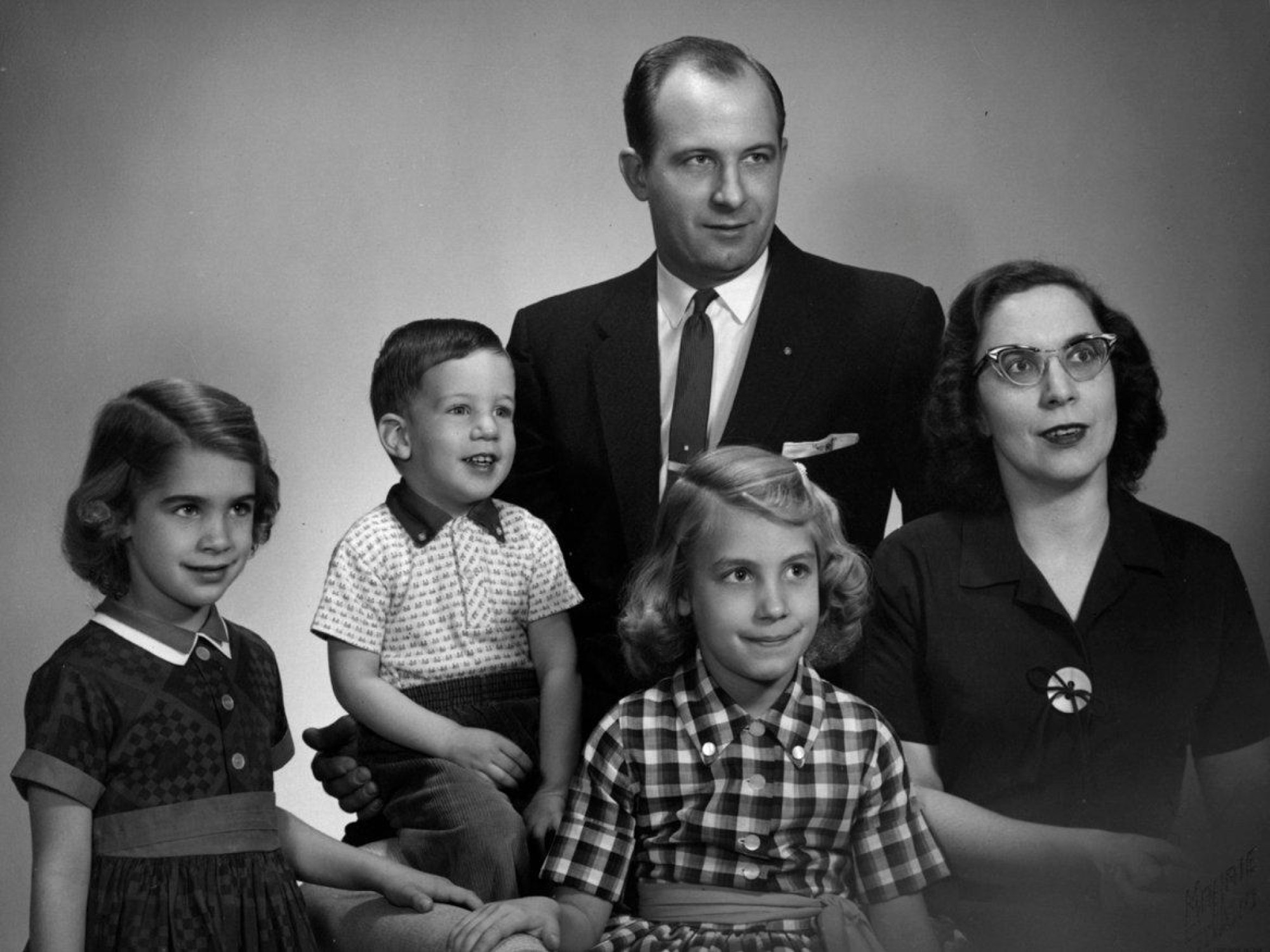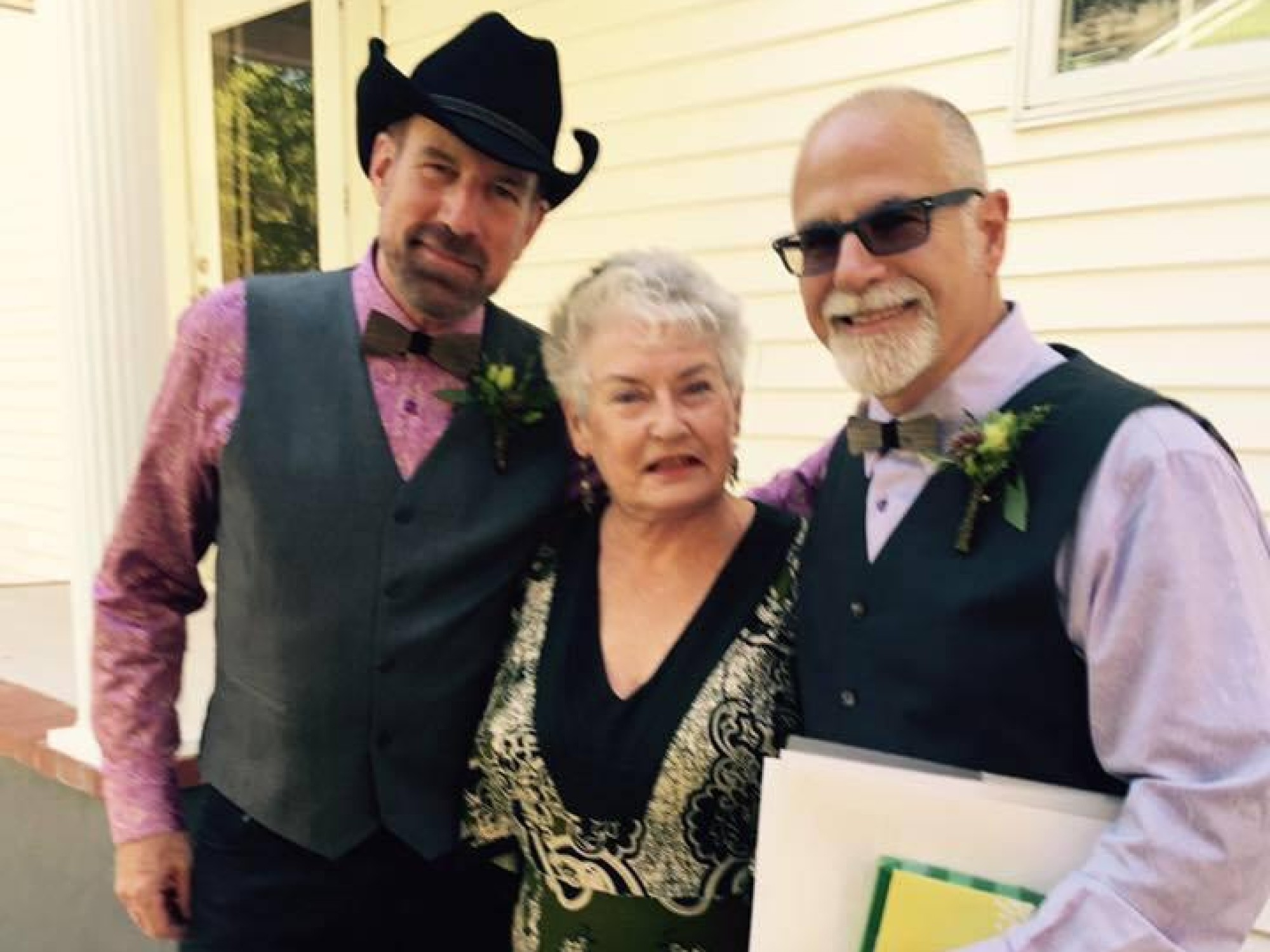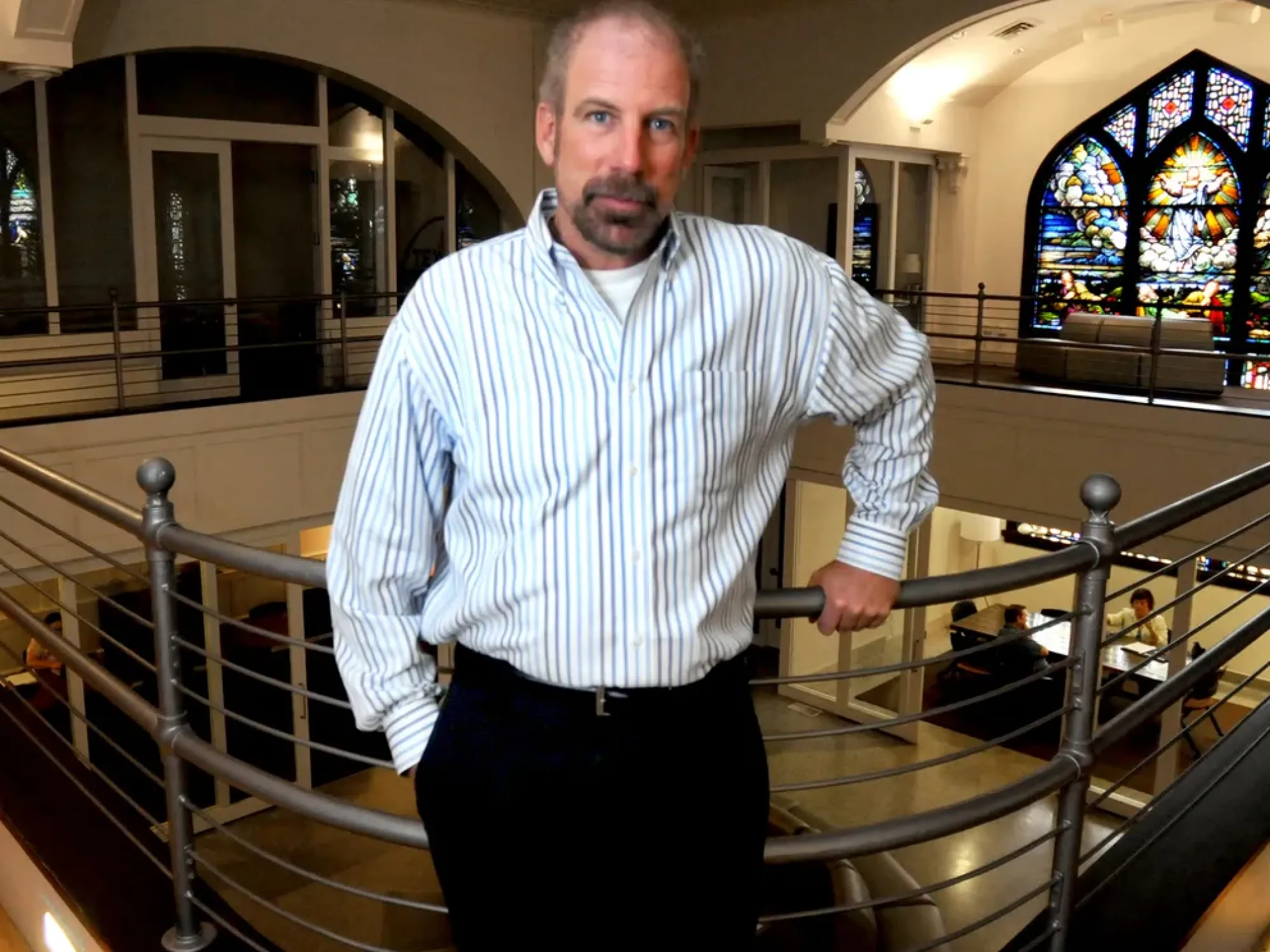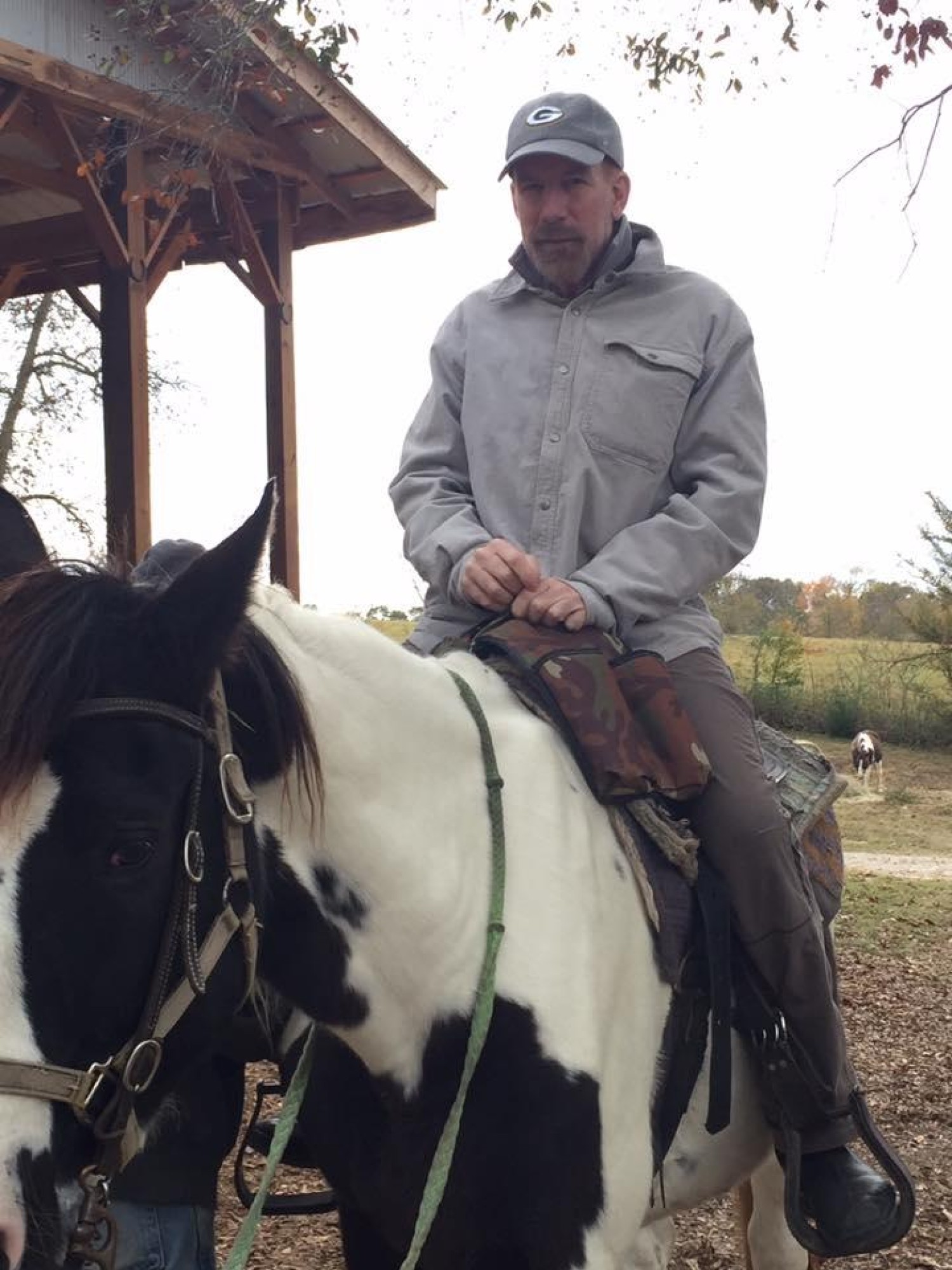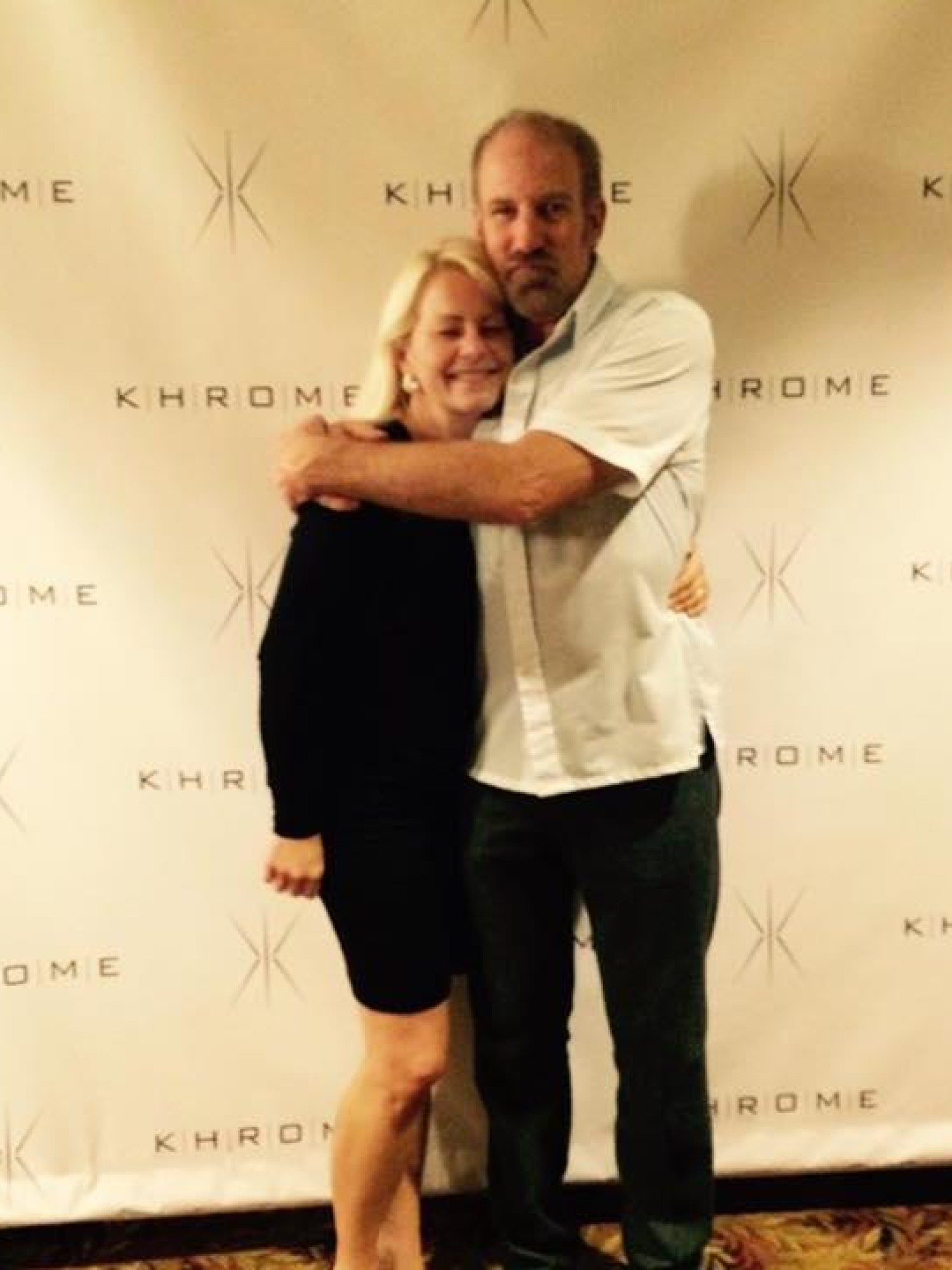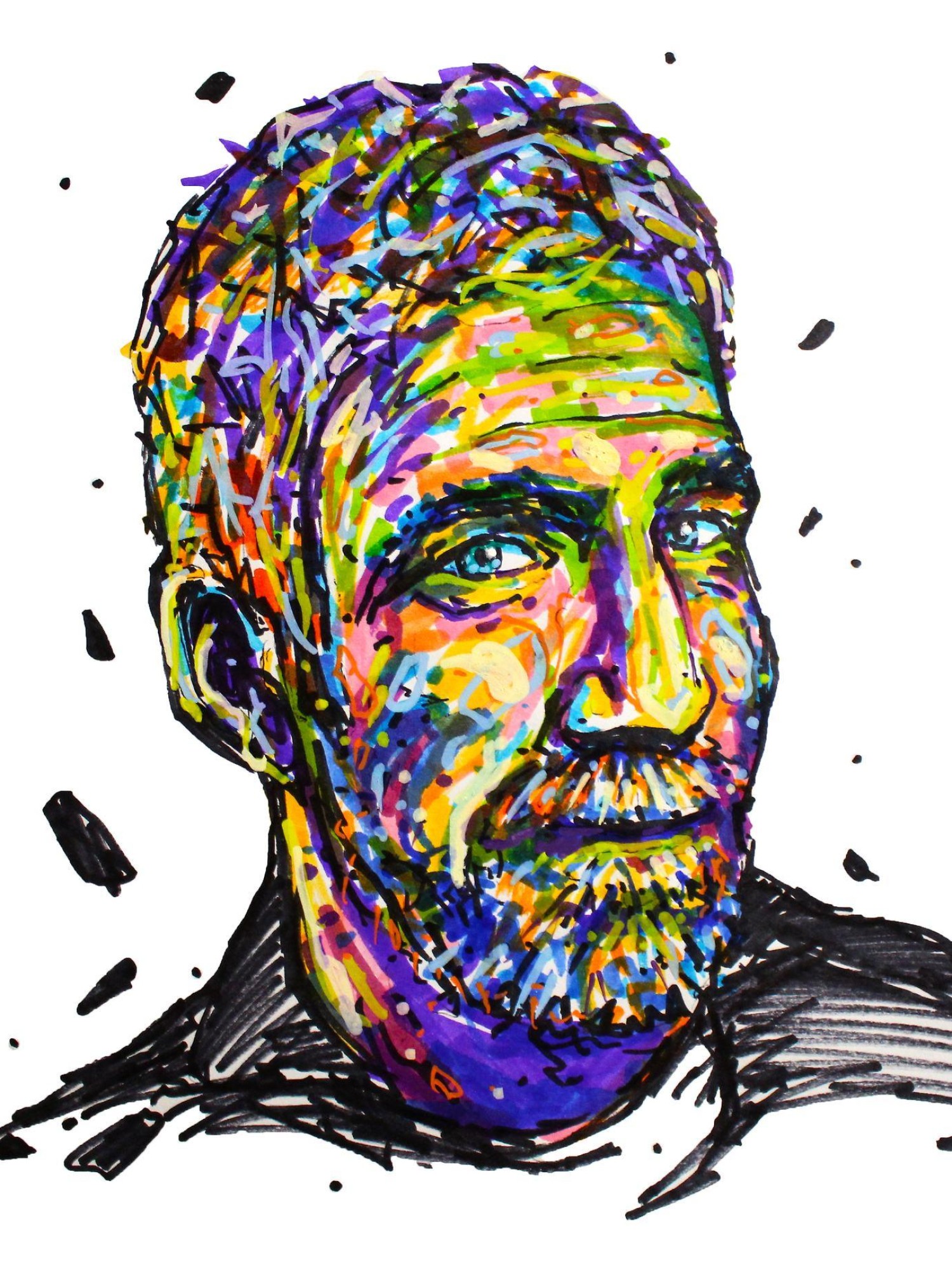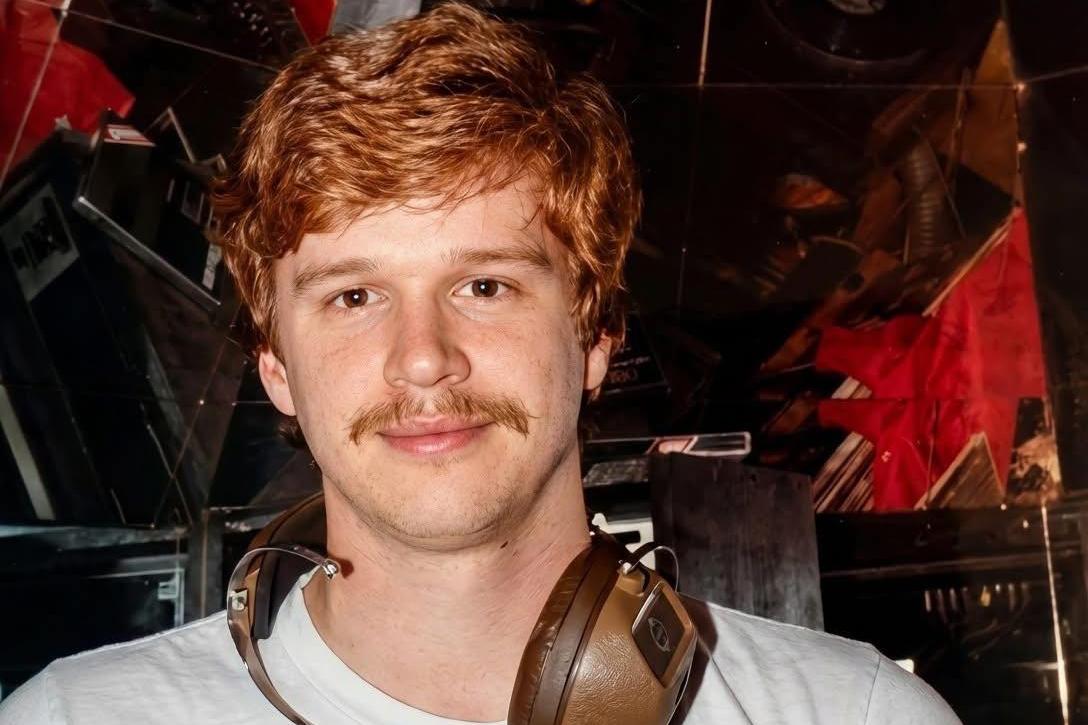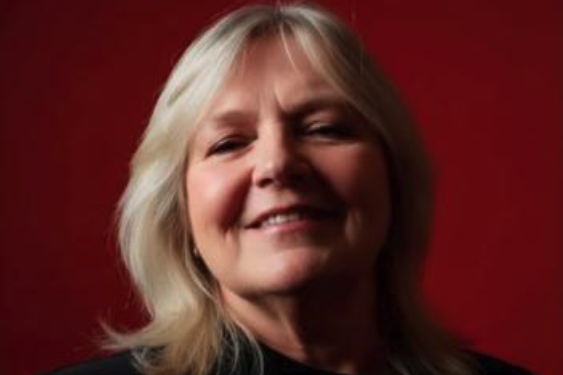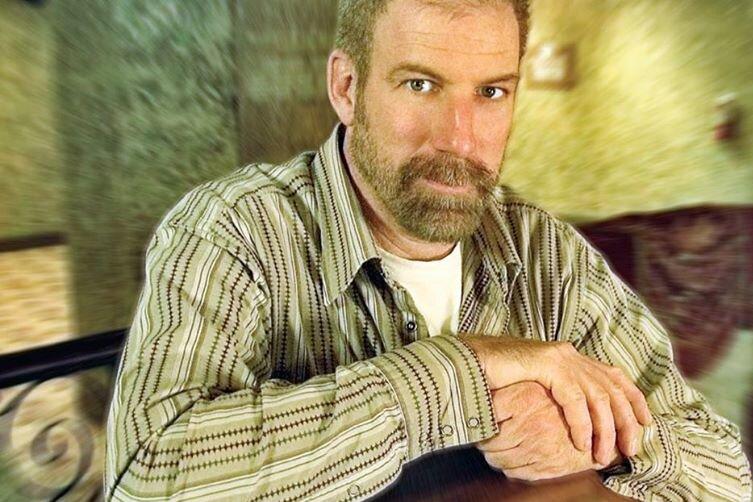
Jim Rivett: Green Bay's guardian of social good

James (Jim) Rivett (1958-2018) was a man defined by a commitment to his community, a relentless pursuit of design for the greater good, and a dedication to fostering goodness in others. His life, a testament to authenticity and creative community building in Green Bay, Wisconsin, was cut short in 2018, but his legacy continues through the advertising firm he started, KHROME, and The Canary Fund.
Our Beacons of the Bay program is dedicated to Jim’s relentless spirit of giving back.
Jim Rivett was originally from Green Bay. Though he harbored a desire to live in a larger city to pursue filmmaking and fine art in a bigger arts community, he was deeply committed to his family and his community. Over time, he realized that "your creativity isn’t defined by your ZIP code" and dedicated himself to making Green Bay a place where creatives could "grow and thrive to their creative potential".
He met the person who would become his life partner, Pete, at a YMCA camp in northern Wisconsin in 1980. They became a couple in 1983 and were together for 35 years before Jim's death. Pete was originally from Janesville, Wisconsin, but has lived in Green Bay for over 40 years. Jim and Pete were legally married in 2016. They had waited until they could do so in their own hometown with their friends and neighbors, rather than traveling to another state.
A long-standing passion project of Jim and Pete (who was in the academic field while Jim was corporate) began in 2004. They conceived of a brilliant idea to promote messages of "living a life of peace and honoring diversity and understanding words and actions of Martin Luther King". Jim began designing posters, which were printed at Arketype’s expense and distributed to every third-grade classroom in six school districts in Northeast Wisconsin.
This initiative, which ran for 20 years, expanded into a broader mission. Teams from Arketype would go into schools with community members to perform a skit using the concept of “Respectacles”—special sunglasses for kids that, once worn, would let them see into someone’s heart. They also donated books to school libraries to advance the narratives of Dr. King.
This focus on peace and diversity led to a community-driven anti-bullying campaign. In 2011, after a young man who was bullied as a child approached Arketype, they created a video called "Ouch, Bullying Hurts," which was nominated for an Emmy Award. They made two versions—one for younger children and one for older students—pulling people from the community to speak about the pain of bullying and the damage of silence.
Jim Rivett's life was a profound example of finding purpose, not in escaping one's origins, but in actively enriching them.
He overcame a feeling of having to apologize for being from Green Bay to becoming intensely proud of a community that he helped transform into a more creative, compassionate, and diverse place.
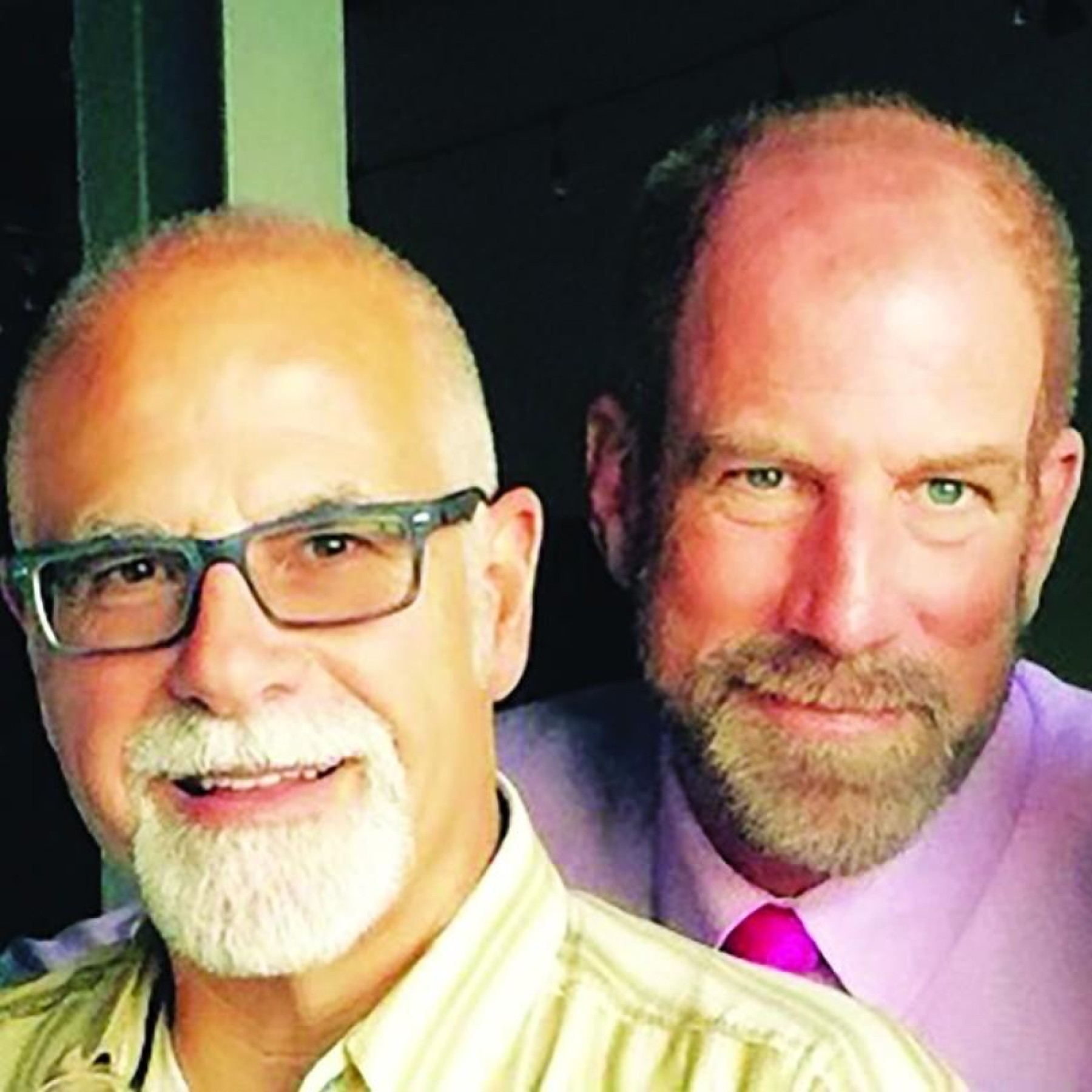 Pete and Jim
Pete and Jim
 The Canary Fund
The Canary Fund
recent blog posts
February 14, 2026 | Michail Takach
January 17, 2026 | Garth Zimmermann
January 16, 2026 | Michail Takach
The concept for this web site was envisioned by Don Schwamb in 2003, and over the next 15 years, he was the sole researcher, programmer and primary contributor, bearing all costs for hosting the web site personally.
